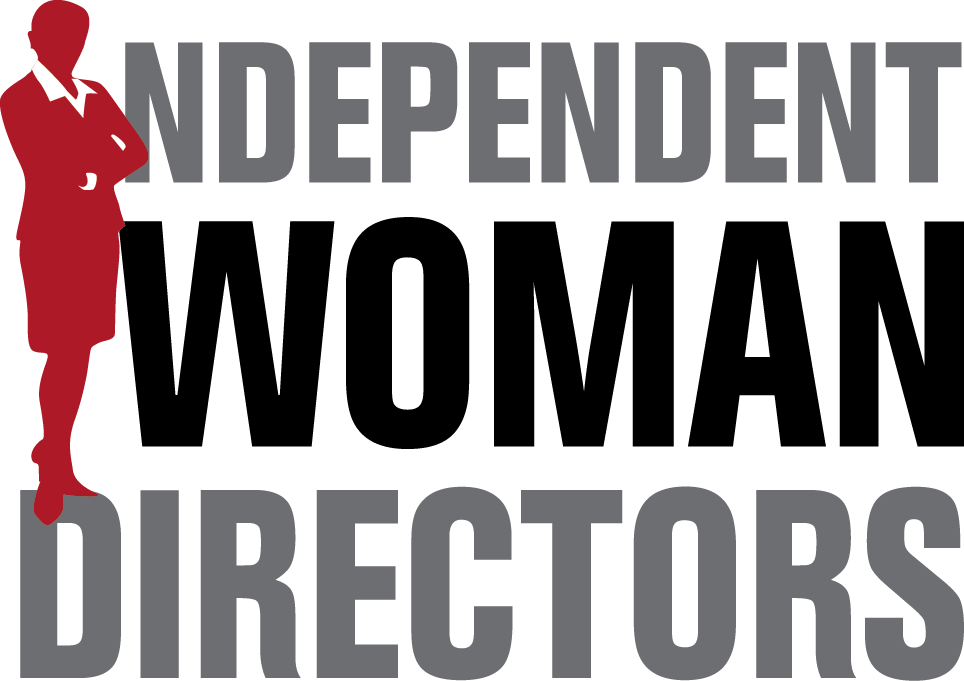
THE BACKGROUND OF THE PROJECT
The legal requirement of women quotas for corporate boards in some European countries background of projects like Norway has created a natural environment to observe the effect of women directors on financial performance. These observations led to the formulation of an EU legislative proposal calling for 40% of non-executive board members to consist of women by 2020.
"Women Matter’’ research conducted by McKinsey&Co. in 2007 showed that most gender-diverse companies enjoyed 10% better ROE and 48% better EBIT between 2003 and 2005 compared with their industry average and 1.7 times more stock price growth between 2005 and 2007 compared with benchmark indices. The difference between the highest and lowest ranking companies with respect to the gender diversity of their boards was reported to be even higher; best-ranked companies on organizational performance tend to have an operating margin and a market capitalization more than twice as high as those of the lower-ranked ones.


Other studies have also revealed that women are more stakeholders oriented and positively impact companies’ environmental and social performance. Additionally, the existence of women on the boards increases the motivation of female employees and improves the corporate image and the company’s attractiveness to investors.
"Diverse boards make better decisions in Turkey as well."
Research conducted by Sabancı University Corporate Governance Forum showed a cause-and-effect relationship between the diversity of boards and company performance through increased effectiveness of audit and control functions.
Despite scientific evidence of the positive impact of women directors on financial and non-financial performance, the ratio of non-family related, professional women directors is only 4.9 % and that of independent women directors is 1.8 % in companies listed in the ISE. Corporate boards in Turkey usually consist of members who are acquainted with each other through family ties and previous work experience and display, therefore, a homogeneous look.
Giving priority to women in nominating independent directors will surely help to reverse the deteriorating effect of the independent director quotas on the ratio of women directors on the boards of ISE firms in 2015.

